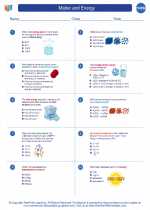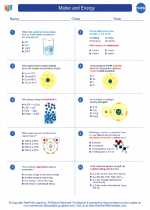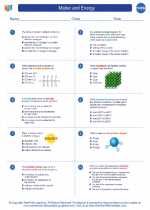Atom's Nucleus
The nucleus is the central part of an atom, containing protons and neutrons. This is where the majority of the atom's mass is concentrated. The nucleus is held together by the strong nuclear force, which overcomes the electrostatic repulsion between positively charged protons.
Structure of the Nucleus
The nucleus is composed of protons and neutrons, also known as nucleons. Protons have a positive charge, while neutrons are electrically neutral. The number of protons in the nucleus determines the element's identity and is referred to as the atomic number. The sum of protons and neutrons in the nucleus gives the atom's mass number.
Nuclear Forces
The strong nuclear force is responsible for holding the nucleus together. This force is stronger than the electromagnetic force that causes protons to repel each other due to their like charges. The strong nuclear force operates at very short distances, binding the nucleons together. On the other hand, the weak nuclear force is involved in processes such as beta decay, where a neutron transforms into a proton, emitting an electron and an antineutrino.
Nuclear Stability
The stability of a nucleus is determined by the balance between the strong nuclear force, which holds the nucleus together, and the electrostatic repulsion between protons. Nuclei with too many or too few neutrons compared to protons are typically unstable and may undergo radioactive decay in order to become more stable.
Study Guide
- What is the role of the nucleus in an atom?
- Explain the difference between the strong nuclear force and the weak nuclear force.
- How is the stability of a nucleus determined?
- What are the components of the nucleus?
[Atom's Nucleus] Related Worksheets and Study Guides:
.◂Chemistry Worksheets and Study Guides High School. Matter and Energy

 Worksheet/Answer key
Worksheet/Answer key
 Worksheet/Answer key
Worksheet/Answer key
